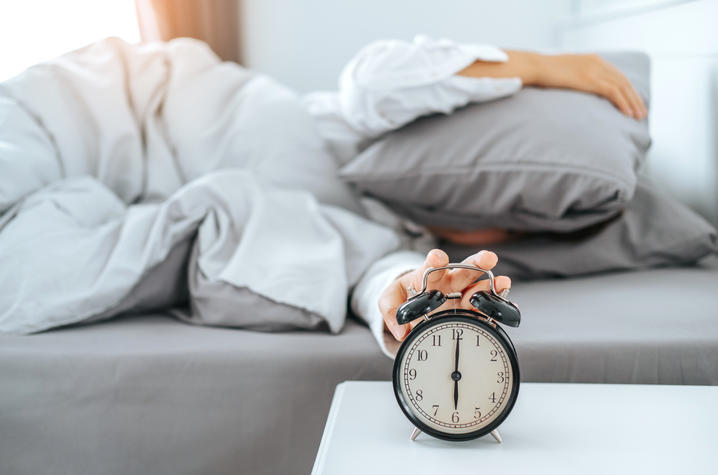Nearly one-third of American adults get less than seven hours of sleep per night, according to the Centers for Disease Control and Prevention data. In Kentucky, nearly 40% of adults report getting insufficient sleep. When many can’t get enough nightly rest on workdays, they make up for it on their days off, thinking that sleeping in can help them “catch up” on sleep. But chronic short sleeping — running up your sleep debt — can increase your risks for more serious issues like heart disease, dementia, certain cancers, and depression. It has also been linked to immune dysfunction, hypertension, and weight gain. Sleep debt is cumulative, and going to bed an hour later than usual for several days in a row can add up. Keep in mind that your sleep needs change as you age. Generally, children and teens need more sleep than adults. If your overall sleep deficit is modest, then sleeping in an extra hour or two on the weekend is better than nothing. Additionally, napping can help fend off feelings of tiredness. A quick 20-minute power nap in the afternoon can help you feel sharper for a few hours afterward. But a larger sleep debt likely can’t be made up in one weekend, even if you spend a large amount of your free time on the pillow. Oversleeping — often snoozing longer than the recommended nine hours — has been associated with grogginess and increased risk for depression and other more severe diseases. If you really want to make a dent in your sleep debt, plan to chip away over time. Try to gradually go to bed 30 minutes to an hour earlier each night until you’re consistently getting enough sleep. You could also make a regular short nap part of your daily routine, though it is not a substitute for an adequate night of sleep.
Thank you for reading this post, don't forget to subscribe!Does Catching Up On Sleep Actually Work



